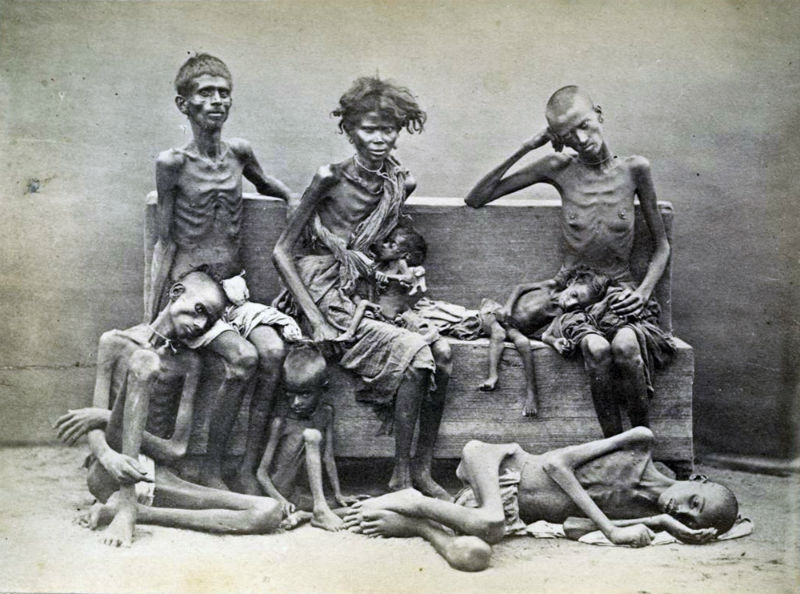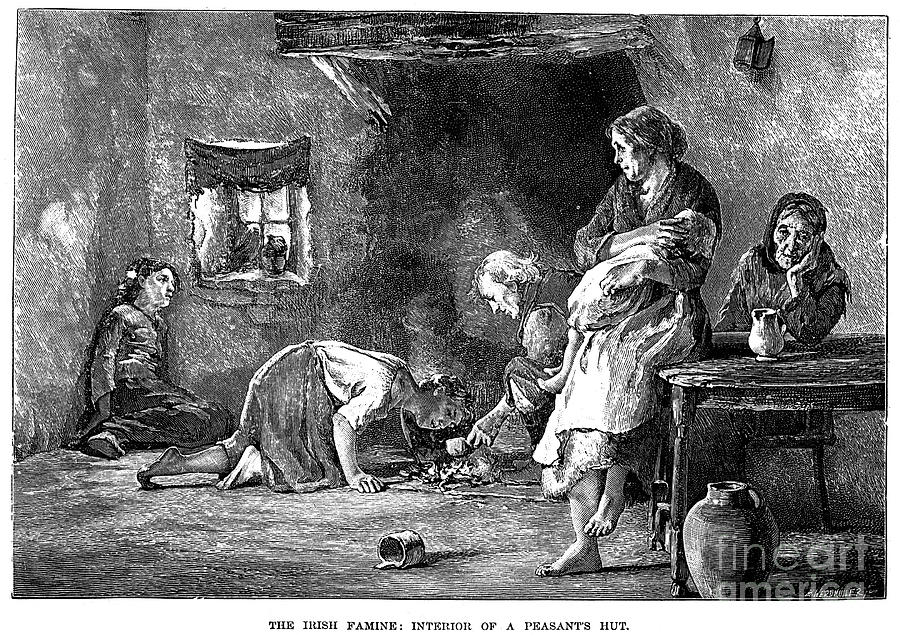
 How the British heartlessly murdered one million Indians
How the British heartlessly murdered one million Indians
Friday 26th January 2018 | Grace
We should not have to be reminded of the atrocities that the British empire caused during their estimated 300-400-year rule that ended only a few short decades ago. Because this is something about history that should be chiselled into our mind, just like the world war is or the Egyptians are. So why is it that in the UK, people in schools are not taught about all the horrific problems that the British Empire, people in these school’s descendants, have done, yet everybody can tell you about a weird fact about mummies that have been dead for a thousand years.

One of the worst things that the British Empire did was being the cause of one million deaths during the India famine just over 150 years ago. Otherwise known as the Orissa Famine of 1866.
Even though this famine created a major political turning point in the history of India, and is thought to have killed more people in that small area of India than died in the Irish potato famine, it feels like this huge human disaster has just been erased from the history books.

It all started when the British owned stock company, the East India Company, destroying all the other textile jobs in the area that had previously given most of the work to the Indian people. This lead to both lack of money and more reliance upon monsoons to bring more water for more food. As time went on, the price of grain rose and rose, and this mixed with the numerous droughts lead to disaster as labourers struggled to afford what little food there already was.
Racism started to seep into the country as people started to observe the work of English Scholar, Thomas Robert Malthus, who had previously said that starvation and death was natures way of balancing out the lack of food and over-population problems. This was a theory that had reflected the practice that the British had already put in place in Ireland in the years before, during the infamous potato famine.

In the meantime, the colonial governor of the province further took on the ideas of Malthus and made a choice not to reduce the price of grain, believing that he would be tampering with nature if he did this. By this point, there were mass graves being dug all over the city in which to put the multitudes of bodies. Throughout the city were reports of people of all ages desperately calling out for food. It was only when the British in the country of India themselves started feeling the effects of starvation, and the news spread to London and Calcutta, that those in charge decided to do something about things.
For years, educated Indians had been saying that British Rule was literally sucking the life out of poor Indians, but it wasn’t until a year after the famine in 1867 that people started to see the true effects that British Rule was having over the country. What’s more, it was discovered that during this time, the British in India were exporting rice to their homeland and making money off the profit whilst millions of Indians lay dying, desperate for the food that was so close to them but they could not afford.

Over the years, more famines happened with the same problems occurring, and overall, an estimated 15 million people died from starvation and every time, those in charge believed this to be a way of nature taking control to reduce the population. In fact, even the renowned Winston Churchill himself said “I hate Indians, they are beastly people with a beastly religion” and when troops begged him to send to food during the Bengali famine of 1943, he refused, saying that their death was their own fault for “Breeding like rabbits”.
So why is it what men like Winston Churchill are honoured and remembered, and even have Hollywood films made about them, whilst the millions upon millions of Indian people that starved to death are barely even spoken about?
